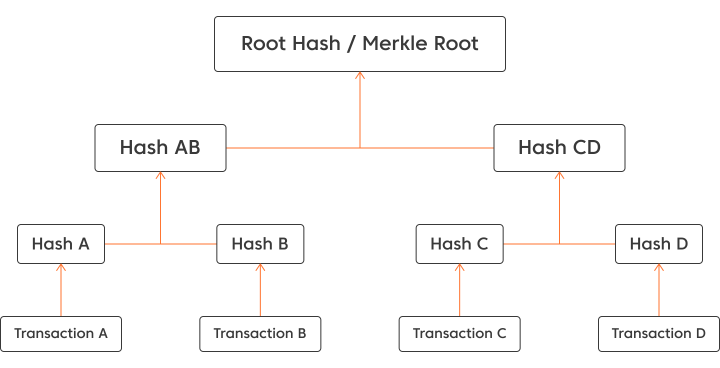With each batch issuance transaction in NextCert, there may be one or thousands of individual certificates created. Each is unique and each is digested into a ‘hash’ value – a kind of genetic signature. These hashes are then formed into a structure known as a ‘merle tree’ which is digested to a merkle root, which is written into a smart contract.
Thus, we can implement issuance and verification of certificates on any blockchain that supports smart contracts. We are currently able to support Ethereum, Tezos and Zilliqa. In the coming months, we have plans to add several more. This gives our customers the ability to choose a blockchain that best meets their needs in terms of gas cost, environmental impact, transaction speed or the community that they want to reach with their certificates.
